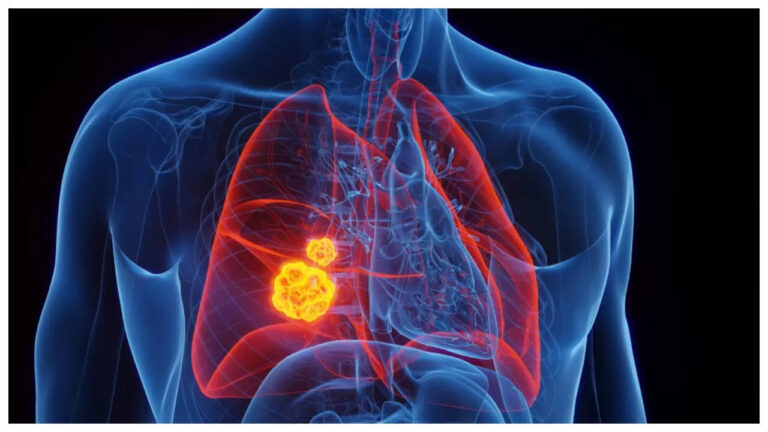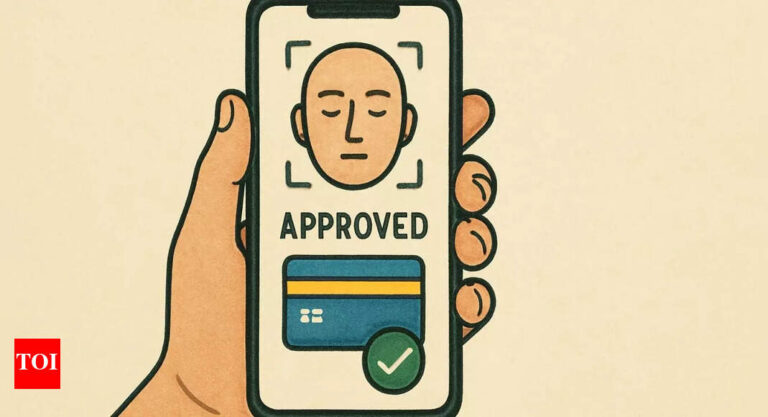
Chest tightness. Racing heartbeat. Shortness of breath. Sweating. For many, these symptoms trigger a familiar thought: “It’s just anxiety.” But what if it’s not? Health experts warn that distinguishing between anxiety and a heart attack can be far more complex than most people realize. The physical signs of both conditions often overlap, leading to dangerous delays in seeking help. A comprehensive review published in Current Psychiatry Reports sheds new light on this problem, revealing how anxiety not only mimics cardiac distress but can also increase the risk of developing heart disease itself.
Anxiety and heart disease : A dangerous connection
The study highlights that up to 30% of patients develop significant anxiety after heart-related incidents, while nearly one-third of those with heart failure experience ongoing anxiety. This persistent state of worry doesn’t just affect mental health; it can elevate blood pressure, increase inflammation, and strain the heart over time. Researchers found that people with chronic anxiety are more prone to heart rhythm disturbances and poorer outcomes after cardiac procedures such as bypass surgery or defibrillator implantation.
When anxiety feels like a heart attack
One of the most striking findings is how similar anxiety symptoms can appear to those of a heart attack. Chest pain, dizziness, sweating, and nausea, all hallmark signs of cardiac emergencies, are also common in panic attacks. This overlap can make diagnosis extremely challenging. Many patients are told they’re “just anxious” when, in fact, they’re experiencing heart trouble. Others, consumed by fear, undergo repeated cardiac tests despite having no underlying heart disease. In both cases, the consequences can be serious, from unnecessary anxiety to missed life-saving treatment.The review revealed that generalized anxiety disorder (GAD) and panic disorder (PD) are far more common among individuals who experience chest pain without any cardiac diagnosis. These patients often endure repeated hospital visits, expensive testing, and reduced quality of life. Ironically, the constant fear of a heart attack, even when unwarranted, can itself worsen cardiovascular health by keeping the body in a prolonged state of stress.
How to tell the difference
According to Celano and his co-authors, the key lies in looking beyond the physical. Persistent worry, intrusive thoughts, and an inability to control anxiety across different areas of life are telltale signs of an anxiety disorder. In contrast, heart attack symptoms are often triggered by physical exertion and tend to intensify over time. Clinicians are urged to evaluate patients carefully during calm, stable periods and to involve family members when gathering medical history, ensuring that neither anxiety nor cardiac issues go undiagnosed.The Current Psychiatry Reports review serves as a crucial reminder: anxiety and heart attacks can look dangerously alike, but both demand attention. Anyone experiencing unexplained chest pain, breathlessness, or palpitations should seek immediate medical care, even if they suspect stress. Early testing can save lives, and collaboration between cardiologists and mental health professionals is key to protecting both the heart and the mind.








